 Some readers of Sincerely Amanda might remember the satirical literary lashing I gave to third-party candidates, their supporters and any who refused to vote in the 2008 Presidential Election. Well, I called it like I saw it regarding any who turned their noses up at McCain-Palin and consented to letting Obama-Biden stroll into the Executive Branch without a fight, and who said that both tickets were equally liberal. I was so beyond unimpressed, in fact, that I said I would never marry a man who acted that way in the critical 2008 Election (hahaha). I said the rejection of the Two-Party system was contrary to American Government and History. After two semesters of college-level American history and some Government, there is a lot I understand now that I wish I had articulated then. It turns out that I was more accurate than I realized.
Some readers of Sincerely Amanda might remember the satirical literary lashing I gave to third-party candidates, their supporters and any who refused to vote in the 2008 Presidential Election. Well, I called it like I saw it regarding any who turned their noses up at McCain-Palin and consented to letting Obama-Biden stroll into the Executive Branch without a fight, and who said that both tickets were equally liberal. I was so beyond unimpressed, in fact, that I said I would never marry a man who acted that way in the critical 2008 Election (hahaha). I said the rejection of the Two-Party system was contrary to American Government and History. After two semesters of college-level American history and some Government, there is a lot I understand now that I wish I had articulated then. It turns out that I was more accurate than I realized.
Because of the majority-minority structure in the House and Senate, we will probably always have the Republican and Democrat platforms. It is necessary for orderly function. But how did it come to that? Wasn’t the Republican party once an Independent Third Party that jumped out of nowhere and changed the political scene? Not exactly.
As I mentioned in my article over a year ago, the dynamic of the young nation was quite different. There were indeed two established parties, the Whig party and the Democratic party. But the Whig party was disintegrating, and the Democratic party was sharply divided. The rifts had begun at least eight years before 1860, and with Senator Douglas’s introduction of the Kansas-Nebraska Act in 1854 (which, on a basis of popular sovereignty, disregarded the anti-slavery boundaries established by the Missouri Compromise), the second-party system flew into a tizzy. Both parties practically split in half over the new bill.
So, some coalitions opposing the bill thought they saw an opening for a new party. The Republicans? No, think again. Can’t think of anybody? It’s because it was a group of anti-immigration, anti-Catholic conspiracy theorists that tried to start an independent third-party to change the country and didn’t get very far. The Know-Nothing party, as it was called, held parties promoting American nativism and included members of the secret fraternal organization, the Order of the Star-Spangled Banner. Members of that organization were instructed to respond, “I know nothing” whenever they were asked about it, hence the funny party label. They later tried to call themselves the American party instead, but for the most part they remained a bunch of nobodies that just couldn’t make the vision work.
Meanwhile, some experienced and prominent political leaders put their support behind a movement that was forming within the dissolving Whig party. Since former Democrats who were interested in joining refused to “march under the Whig banner or even support any candidate for high office who called himself a Whig,” as my history textbook says, the members of the new Free-Soil movement chose the title of Republican. In retrospect, it has since become a very fitting label. It is resurrected from the days of Thomas Jefferson, when the Jeffersonian Republicans supported conservative ideals such as federalism, small government, State’s rights, and investing in America’s natural resources (Jefferson was an agricultural man who loved living off the land!).
By the time of the 1860 Presidential Election, the political establishment was so wacky that there were essentially two different two-party races taking place in the country – one between Lincoln and Douglas in the North, and another between Breckinridge and Bell in the South (Lincoln wasn’t even on the ballot in the Southern States). That bizarrely fractured party-politics scenario allowed the Republican movement to mature into a fully developed political party with a leader already in the White House.
What can we learn from this American history? Well, I don’t believe in trying to water everything down into a man-made formula, because as soon as we think we have everything figured out, we have a tendency to forget to rely on GOD for immediate divine answers and intervention. But it does appear to me that there is a reputable indicator:
In order for a third-party movement to rise to power in a nation whose political core is a second-party system, the third-party must supplant one established party that is dissolving while the other established party is sharply divided, and both established parties are looking increasingly similar.
That was the case with the Republicans taking over the Whig party in the days when the establishment consisted of Whigs and Democrats. The Republican label will probably still have to exist for a good long while for the sake of orderliness, but we can modify it. We’re Conservative Republicans, Constitutional Republicans, and Tea Party Republicans (maybe even Jeffersonian Republicans after all!). Right now, the Republicans are realizing that they will dissolve if they become anymore like the Democrats, and the Democrats are likely to become sharply divided over the Obamacare issue (depending on how low they can go). Though most of us conservatives already knew, it is becoming increasingly obvious that President Obama’s ideology barely even touches the fringe of mainstream American political culture, including that of those who lean to the left. He might have the potential to lead some other country, but America just doesn’t fit him. As the Owenites and followers of Fourier lamented in the 1820s and 1840s, Americans are just too individualistic and independent to adapt to socialism!
So fellow Americans who are Taxed Enough Already, let’s not be a bunch of Know-Nothings. We don’t need to try to build our own independent little fort out in the wilderness with sticks and stones and conspiracy glue. Especially not when there is a Republican mansion being emptied and disordered that we might as well seize.
Ready. Set. Go for it!

“Is it a third-party we need, or a revitalized Republican party?”
– Ronald Reagan
~Amanda~

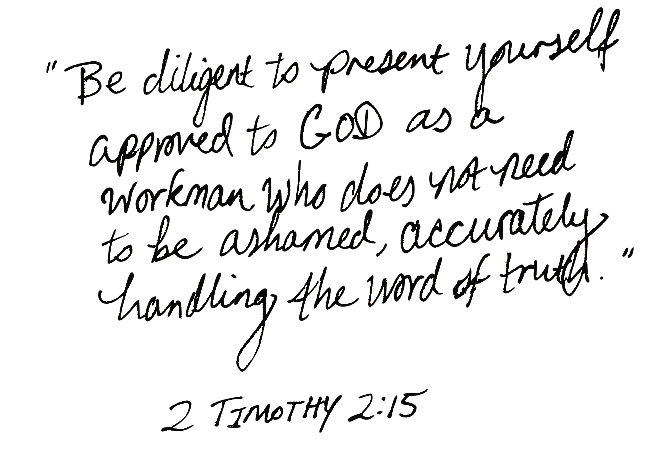



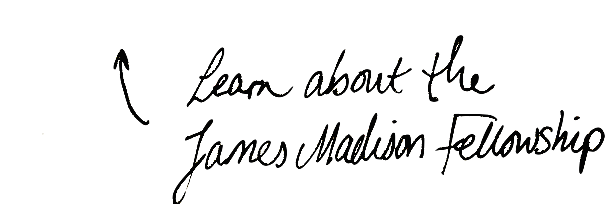


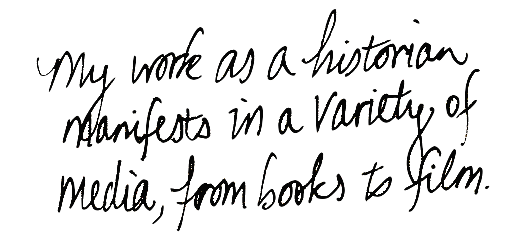





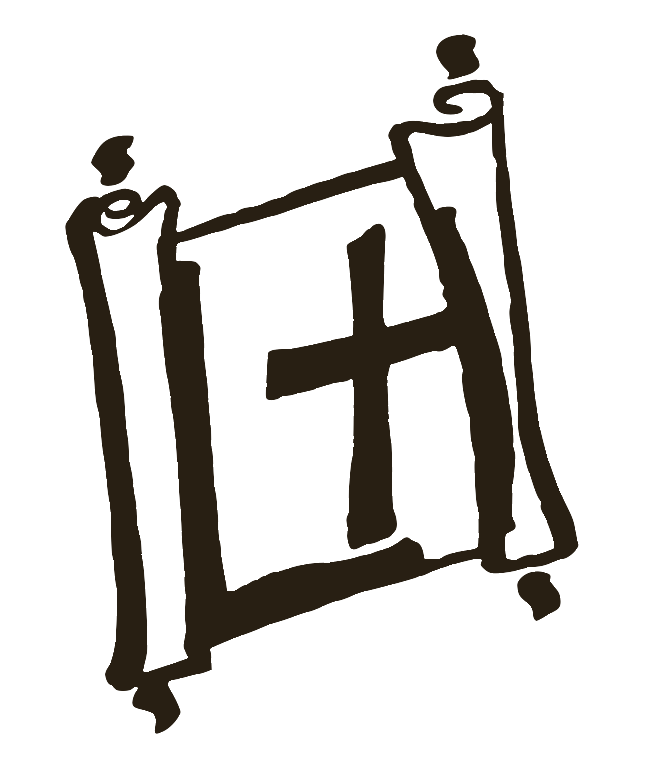
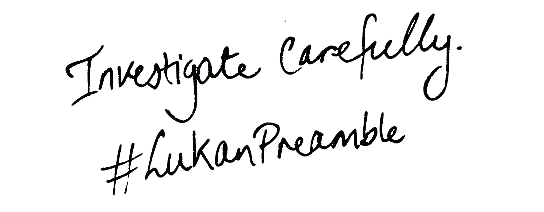
“the rejection of the Two-Party system was contrary to American Government and History.”
Actually, third party and independent political organizations have been active in US politics from the very beginning of the republic, and there is virtually no point in our political history in which none were active. Arguably, it is the two-party system that is contrary to American government. The constitution does not mandate any “party system” whatsoever. To argue that a two-party state is necessary for government in the United States is to imply that the constitution does not in fact constitute a functional representative government.
Well if you put it that way, the Constitution intends for no political parties to exist whatsoever. President Washington didn’t like the idea of any sort of factions. But since running for office in a federal republic involves competition, parties are inevitable. It’s all about organizing the competition.
Of course third-parties have existed for a long time. But have they been successful venues for American political office? Rarely. Teddy Roosevelt’s Bull Moose party was a flop, and so was Ross Perot’s third-party attempt. Both merely divided voters and weakened one of the other established parties.
Although it might not be strictly Constitutional, the second-party system is very cultural.
~Amanda~
“President Washington didn’t like the idea of any sort of factions.” Indeed, in his farewell address he called rule by factions like we have in the Democratic-Republican two-party state a “frightful despotism.”
“parties are inevitable.” Free associations of people are inevitable. But the Democratic and Republican Parties have successfully rigged the system so that they, and only they, appear to be necessary. It is no longer free association if you have to be a Democrat or Republican to run for office.
“Both merely divided voters and weakened one of the other established parties.”
The Democratic-Republican two-party state divides voters as well. Anything that weakens the Democratic and Republican Parties is a good thing.
The Republican vs. Democrat divide is based on ideology – the basic conservative vs. liberal view points are part of the worldview of American political culture. Third-parties just split one of the two views in half, they don’t offer any new views.
The irony of Washington’s stance was that even he ended up with a party label – Federalist, which later became Whig (if I’m not mistaken), which later became Republican (which now interestingly shows some of the small-government States-rights views of the Jeffersonian Republicans, who were sort of Federalist rivals originally).
~Amanda~
I agree with you Amanda that third parties have greatly distracted our country’s voters in the past and have more than helped the liberals to succeed in their agenda. And not just the traditional third party, but also the “third party” candidate running in the primaries. Case and point, how did John McCain become our Republican candidate in the last presidential election? I don’t believe it was because the majority of Republican voters wanted him as their candidate, but that the majority of Republicans were split and divided on the much more conservative candidates in the primary!
oops, somehow my previous comment got published before I was finished! Oh well. I definitely agree that just like a lot of Christians get caught up fighting with people who are on the same side as they are, many times people can get caught up trying to find the candidate that dots their I’s and crosses their T’s exactly the same way that they do and in the process kill any chance of electing anyone even close to their ideology. That being said, the danger to avoid is to not be so connected with any one political party but rather with a certain set of ideologies. Like you said Amanda, the Republican vs. Democrat divide is based on ideology. What I think we saw in the last major congressional election was that more often than not in most cases, the Republican party began to think in terms of party and not ideology. Instead of running on their firm beliefs and principles, they instead turned to a much more wishy washy set of standards that to this day I have not figured out. I believe they took their Republican base for granted and began pandering to the more liberal voters. I think what we need to do is make clear and certain to our Republican leaders that we do not vote and campaign and work hard in an election just because of the name Republican. Because like you said, being a Republican is an ideology- Beliefs that we hold dear to our hearts. I think we can all unite around a candidate that is honest, straightforward, and true to what he believes! I’m looking forward to this November!
“The Republican vs. Democrat divide is based on ideology – the basic conservative vs. liberal view points are part of the worldview of American political culture. Third-parties just split one of the two views in half, they don’t offer any new views.”
I disagree with you on a couple of points here, Amanda. First, I would argue that third party and independent candidates are the only people you will find offering “new views” and that it is precisely the Democrats and Republicans who don’t offer anything new, rather they offer the same old discredited views, from the same old discredited politicians and talking heads, in the interests of the same old political establishment. Second, the importance of the supposed conservative-liberal divide between Democrats and Republicans pales in comparison with the divide between the Democratic-Republican political establishment (which effectively functions as a single ideological and political unit to ensure the continued Democratic-Republican control of and dominance over all of our political institutions) on the one hand, and the people of the United States, on the other. To defeat the Democrats or the Republicans, you have to defeat both the Democrats and the Republicans.
No party offers any new views. There is nothing new under the sun.
~Amanda~
A multi-party system is necessary for the exercise of free will/speech and the ensuring of our American liberties. HOWEVER. The current Republican Party and the current Democrat party are basically two different governments operating in the same country. Anyone in either party is subject to it’s rules and laws, no matter what their position in the US government. This is why Brown’s election in Mass was so important in defeating Obamacare, because every single Democrat will vote FOR it and every single Republican will vote AGAINST it because that’s what their party tells them to do. I think the more conservative Republicans and “yellow-dog” Democrats need to split off from their parties, join the Constitution Party and form a new one using the Tea Party movement. That would provide a strong enough base that conservatives wouldn’t be silenced simply because we are organized. Oh, and interesting note: the Republicans used to be the liberals and the Dems used to be the conservatives. You’re an Alabamian so I think you can understand this if you’ve studied our (AL) history, we’ve always been conservative yet we’ve only elected anything besides Democrats for only a few elections.
Oh, and vote for either Roy Moore or Kay Ivey in Nov!!! 😀
Oh, and I liked the post.
Yes, I know what you mean about the Republican party being the more liberal one originally – I think that was because the Jacksonian Democrats were very strong about States’ Rights and economic liberty – and most of them were in the South (Jefferson’s first party was called the Democratic-Republican party, but for awhile the Democrat part was dropped off, and then the opposite happened when Andrew Jackson took over). Then the Southern conservatives in the Democratic party eventually moved into the Republican party as the tide changed.
I love Roy Moore! I still have a copy of the little book he gave me years ago, “Our Legal Heritage” (my parents met him when we lived in Marion, AL). One friend of ours says he wishes Moore was running for a Congressional seat instead because he’s worried Moore doesn’t have the money and appeal needed for the gubernatorial race, but I think it would be such justice for Moore to be elected by the people of Alabama to the highest office – remember, we’re the ones who wanted him as judge – it was some federally appointed judge and appointed panels that meddled with Alabama’s choice and got him thrown out! (To simplify the story…)
~Amanda~
I don’t have any of his books, although they are on my wish list. 😀 If anyone can stand up to King Obama and his little green men, it’s definitely him. I want either him or Kay Ivey (only gubernatorial candidate I’ve met so far) to get elected as Gov, she’s got a very good track record of fiscal conservatism which would be useful in these times. But she’s pretty far behind on all the polls I’ve seen so far. Most of the gubernatorial candidates will be holding a forum at the Space And Rocket Center on March the 2cd, I’m looking forward to that (although confused as to why Moore seems to be the only candidate not going). Also, if you don’t know about Kay Ivey, you probably want to check her out, she’s incredibly involved in the Tea Party movement.
Just had to take the two seconds to post a thank you. Read through through your web page and really liked the content, bookmarked and I plan on coming back soon!